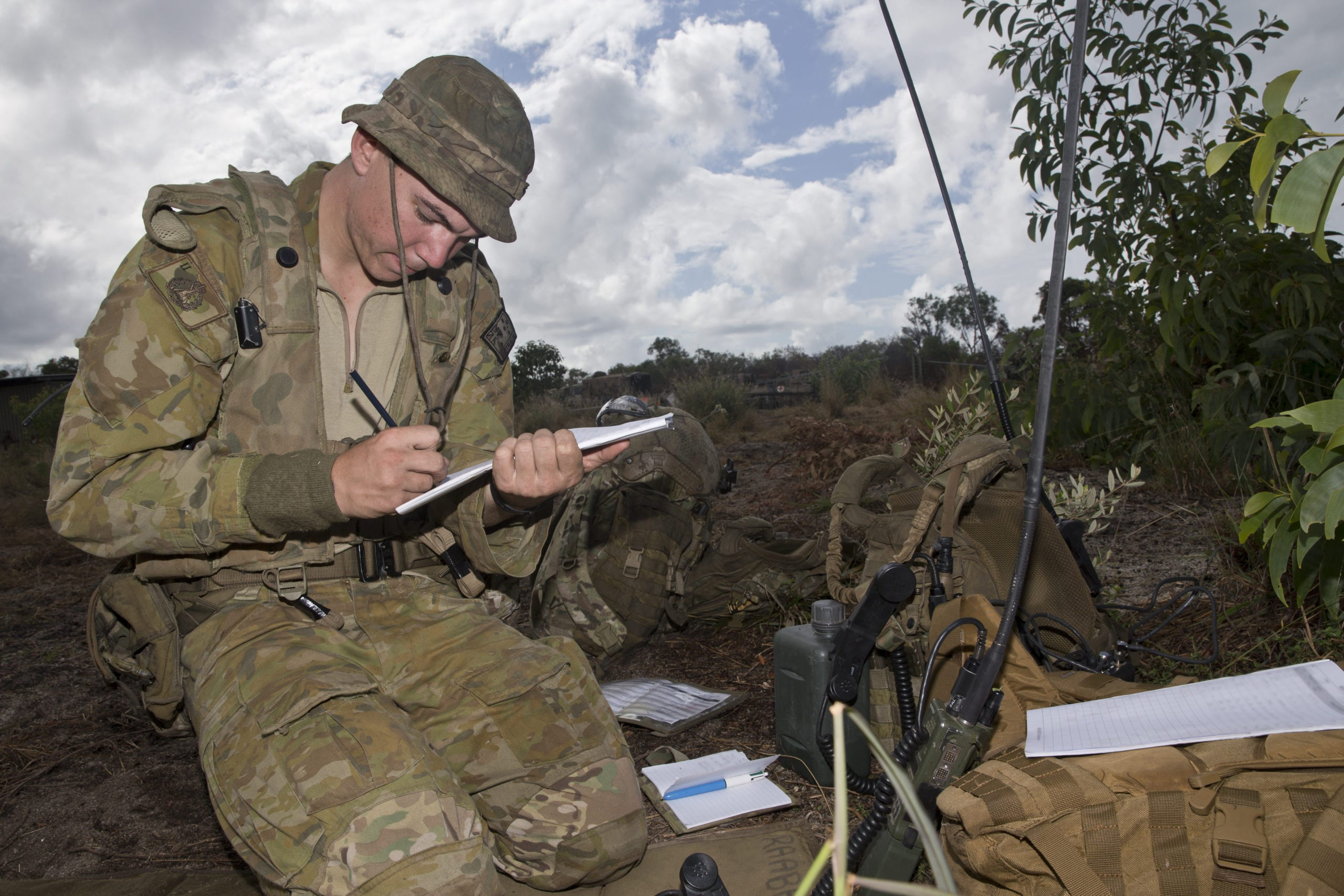In September, I celebrated one year since my first article was published. When I posted to Twitter about this fact, the always article hunting Nick Alexander suggested I write a reflection on my first year of writing. This is the result.
The aim of this is two-fold:
- To reflect on the experiences and lessons from this first year, and
- To challenge some of the myths I’ve heard my peers say about writing and encourage others to begin their military writing journeys.
The first part of any reflection is to re-cap the experiences had. For me, that’s having nine articles published (and writing many more that haven’t been yet). But it has also included exploring different ideas, engaging with new people (around the world), and having my thoughts challenged (regularly).
So, from my experiences, here’s some of what I’ve learnt:
- Writing is a learning journey. Each time you set out to write something you learn more about the topic, but also about yourself. Beyond this, what you write will often be part of someone else’s learning journey, helping to shape their thoughts. Bring people with you on your journey.
- Writing is a conversation. When you write, you’re contributing to a conversation about a topic. This means you’re not trying to provide the final answer, rather you’re adding to the sum of knowledge with a different perspective to make it a more diverse and rounded discussion.
- Explore what interests you. Since you’re not trying to provide the answers, you can explore the things that interest you, in the ways that interest you most. Let the things you’re passionate and excited about guide you.
- There aren’t many sea monsters, but people will disagree with you. Since writing is a conversation, you will get people who agree with you and those who don’t. I learnt this lesson on my first article, thanks to Paul Barnes. This is all part of the fun of engaging in the contest of ideas, and it’s rarely personal.
- Your idea isn’t yours once you publish. Once you’ve published, your idea takes on a life of its own. Don’t feel that you have to protect it or even continue to agree with it. This is all part of your intellectual growth and the maturation of your ideas. Let others build on it.
- You don’t have to say anything profound. In fact, you probably won’t say anything profound. But that’s not what matters. What matters is that you’re contributing to the intellectual development of yourself, of others, and of the profession by adding your voice. And you don’t need to be the next Clausewitz to do it. Although, if you do say something profound, own it!
- Everyone has something valuable to add. In speaking with my peers about writing, a lot of them have shared that they don’t think they have anything to say. Yet in speaking with them, they all have fantastic ideas and perspectives on a whole range of topics. So, take the leap and write about your thoughts, because you will only be adding value to the profession of arms.
- Blog writing isn’t like academic writing. This one is largely aimed at my ADFA peers, but it applies outside this audience too. Writing for blogs is a lot more conversational and relaxed than academic writing and it’s a lot shorter. So, don’t feel that you’ll be writing a major essay or report, because you won’t be. Unless you enter an essay, competition or write for a journal.
- Editors are your friend. The editors are there to make your writing better, to help you communicate your idea more clearly and concisely. They’ll probably tell you things you’d rather not hear about your idea and writing. But take their advice. It’s there to save you pain and help your idea make an impact.
- Keep writing. Writing can be hard, tiring, boring, and repetitive, but stick with it. Writing is an important part of your personal development, and it’s an important means of communication, so keep working at it.
These are just a few of the lessons that I’ve learnt from my first year of military writing. I’ve really enjoyed this year of writing and I’m looking forward to many more. I hope this article has dispelled some of the myths and barriers surrounding military writing, particularly for my fellow junior members. It’s important to join the conversation, to test our ideas, and develop our intellectual edge. It’s especially important for junior members to write because we offer very different opinions to those above us, ones that can often surprise and lead to new insights. I hope to see some new writers soon. Good luck.
Chris Wooding is a Trainee Officer in the Australian Army studying at the Australian Defence Force Academy. He is a Contributing Author for Grounded Curiosity. You can continue the discussion with him on Twitter @cr_wood1.

